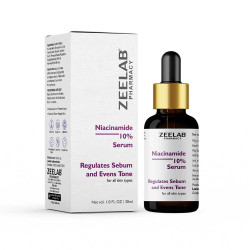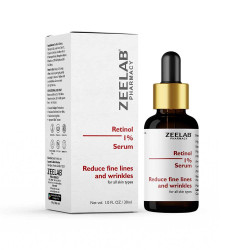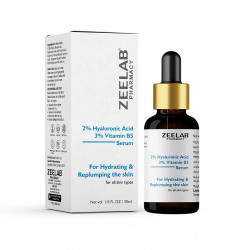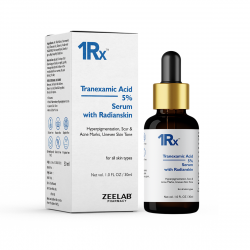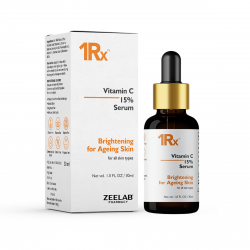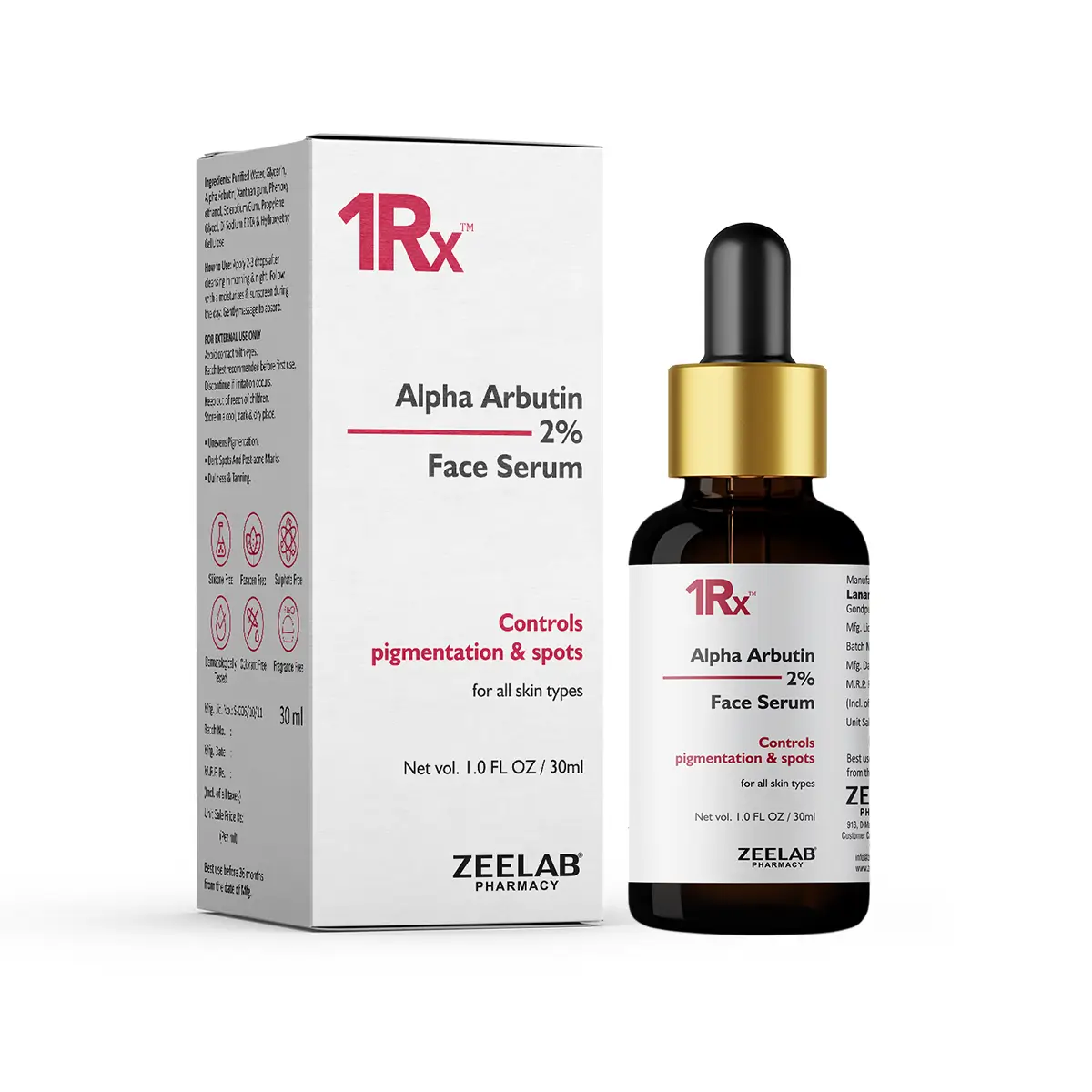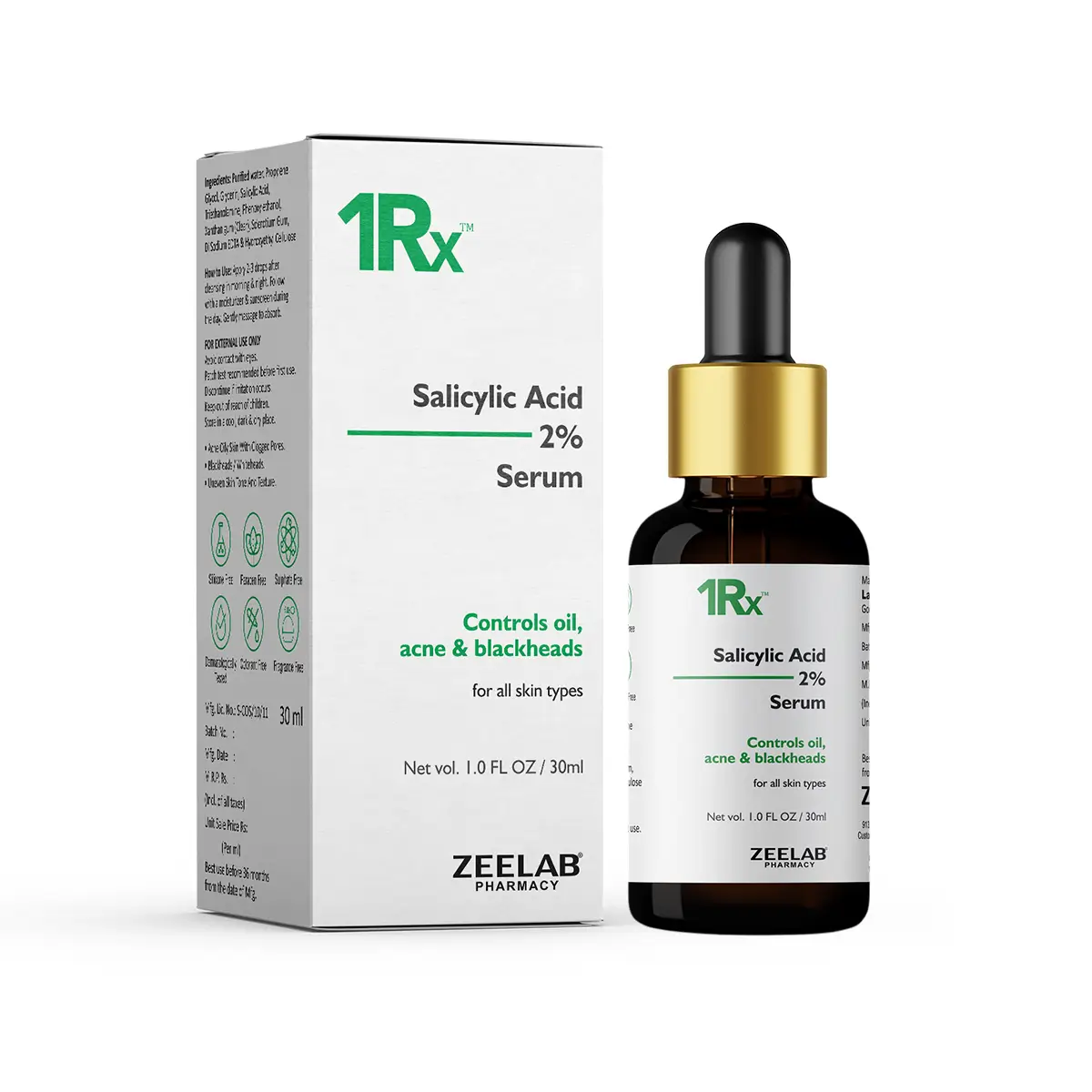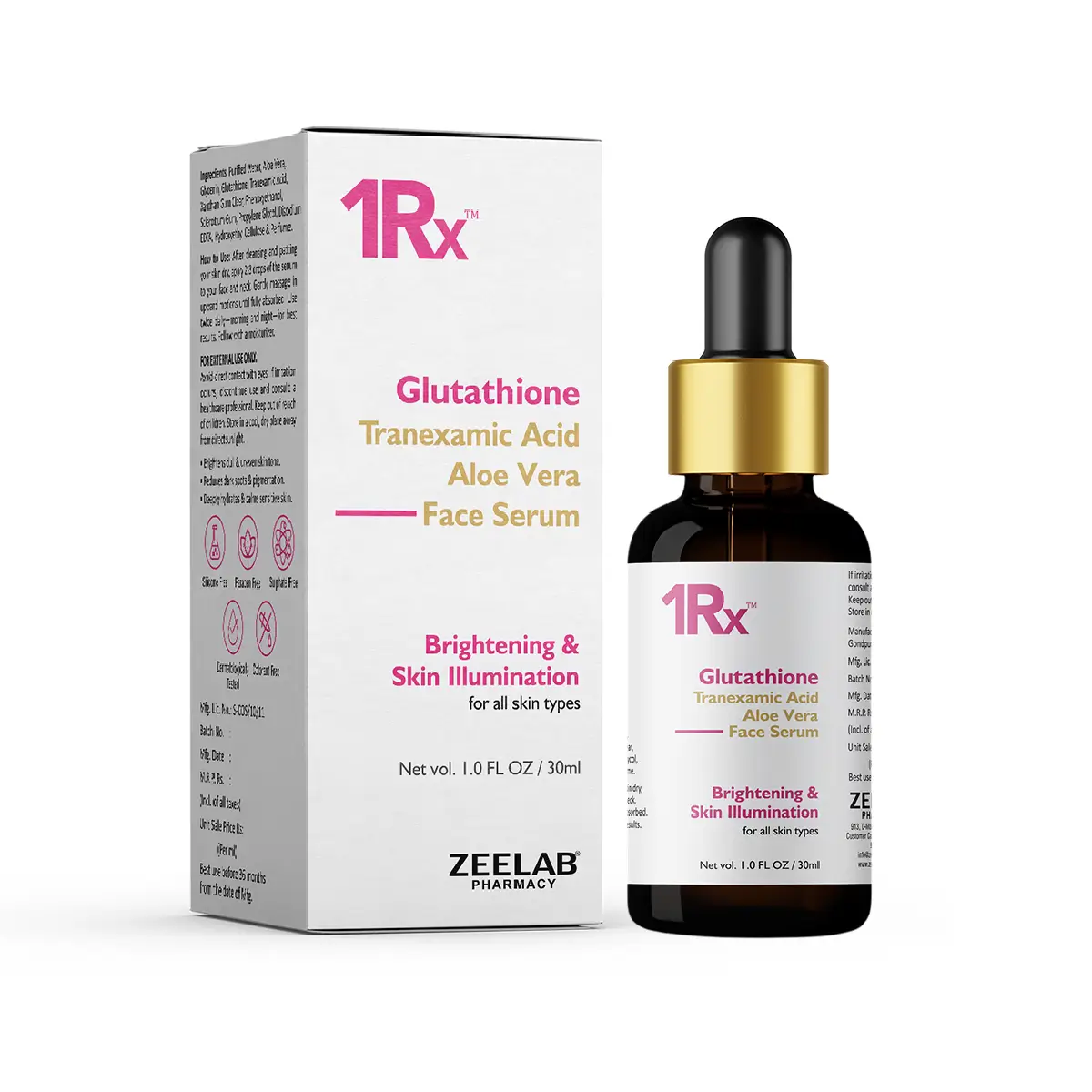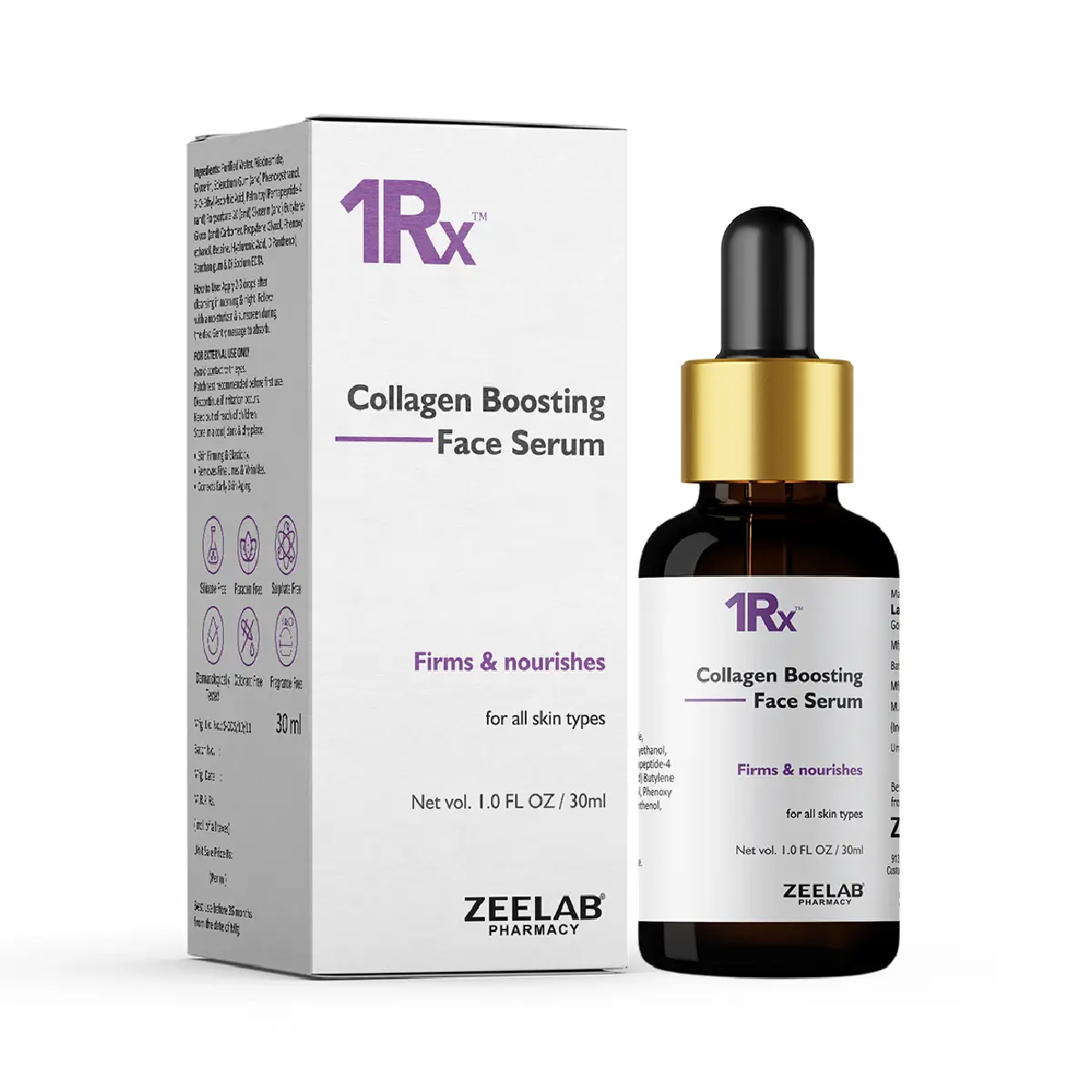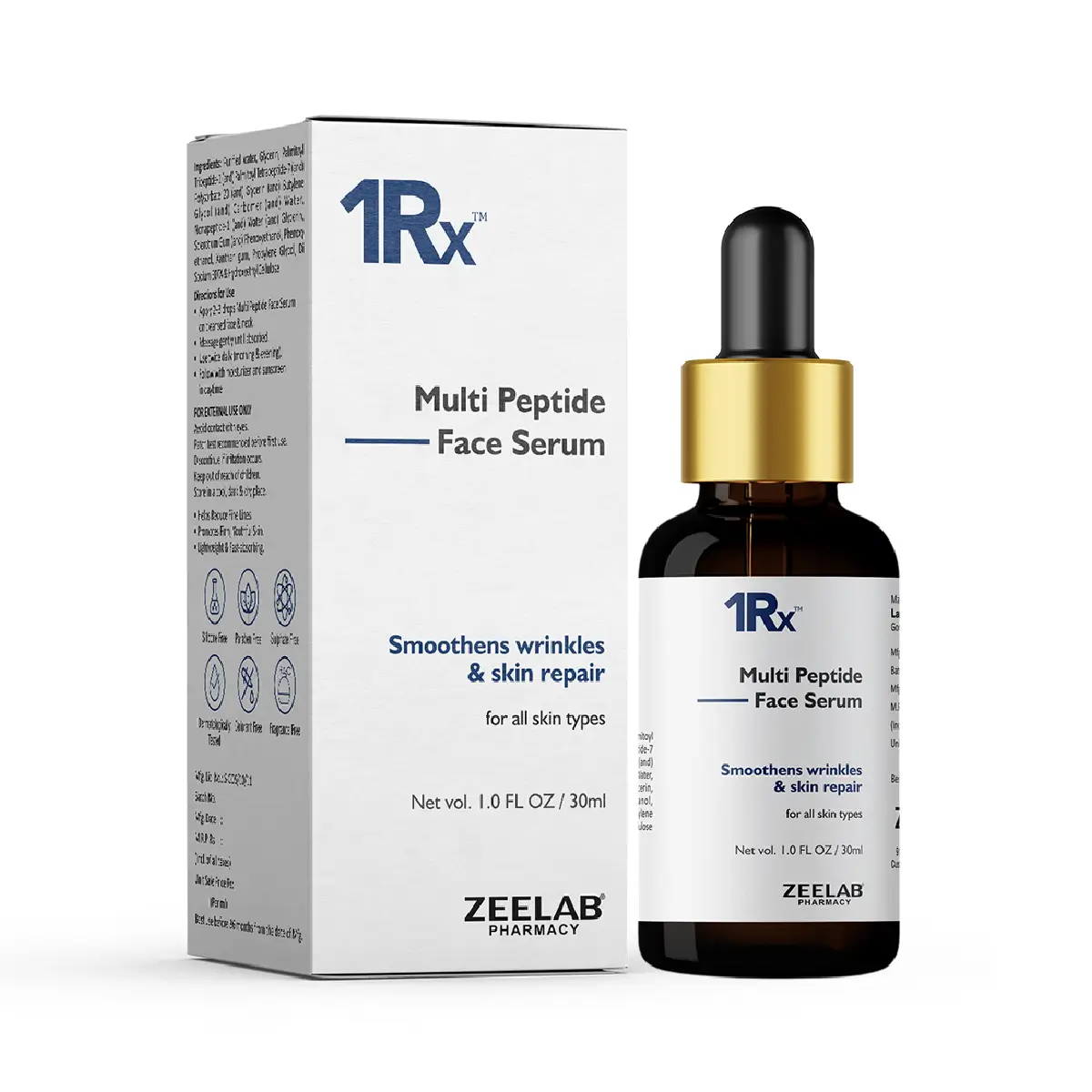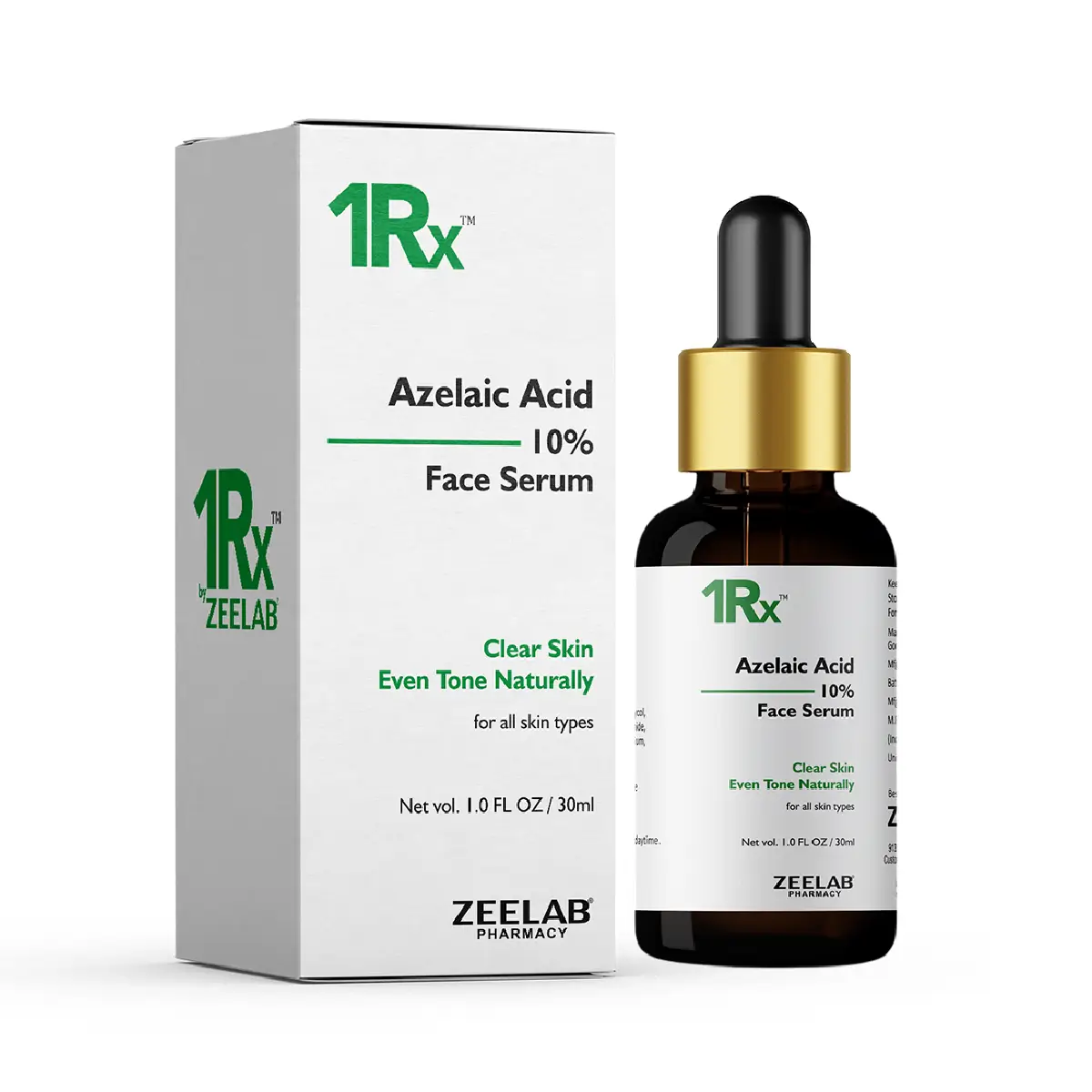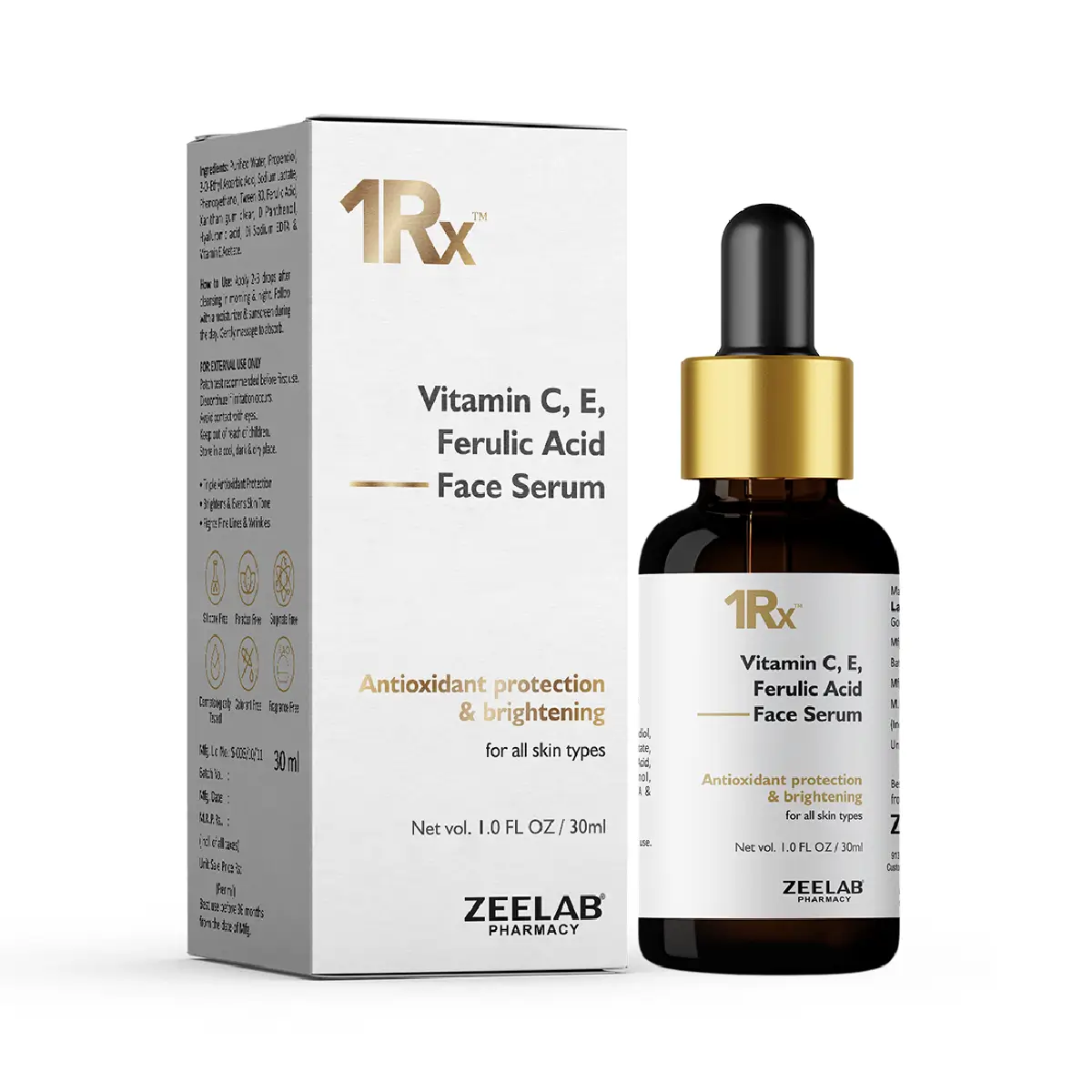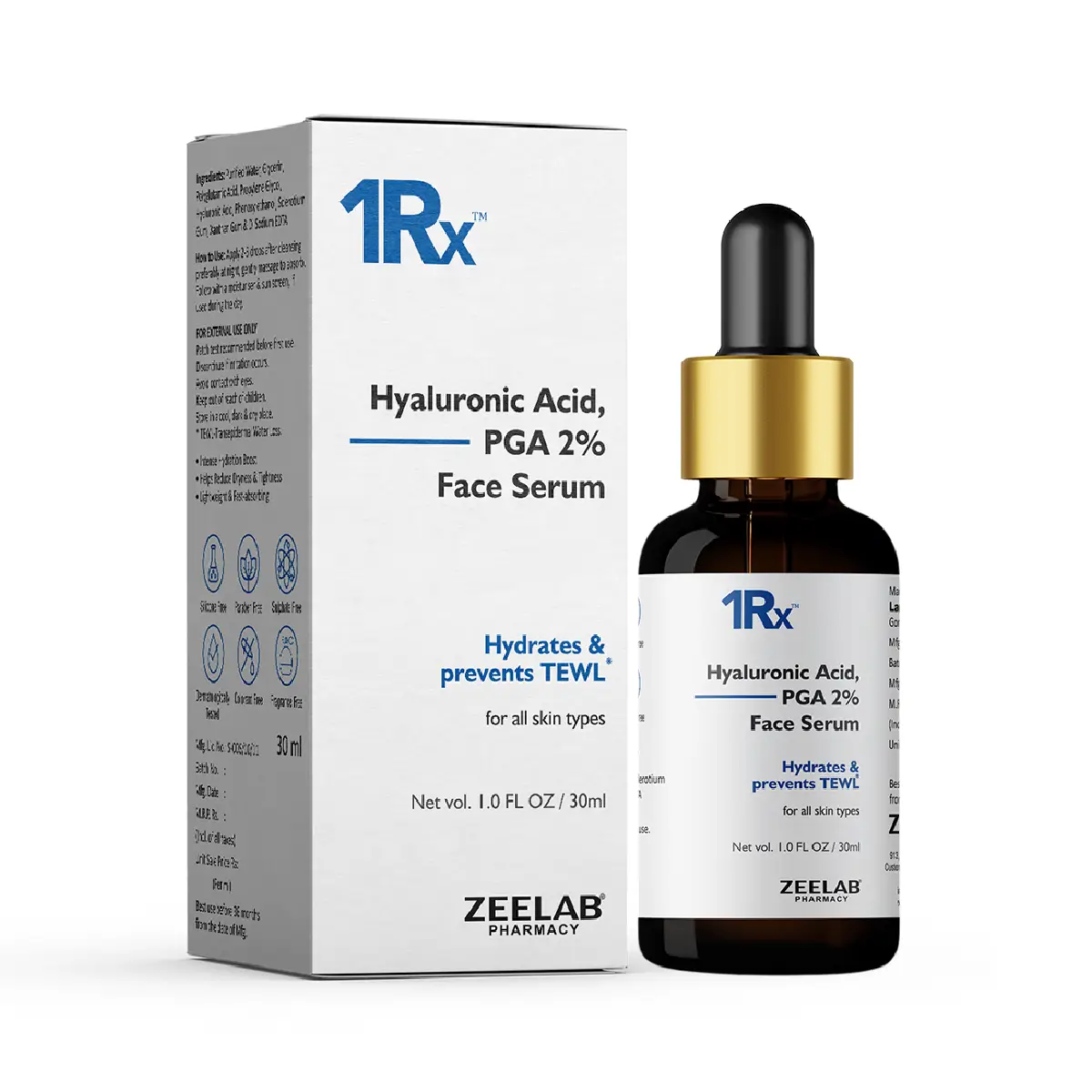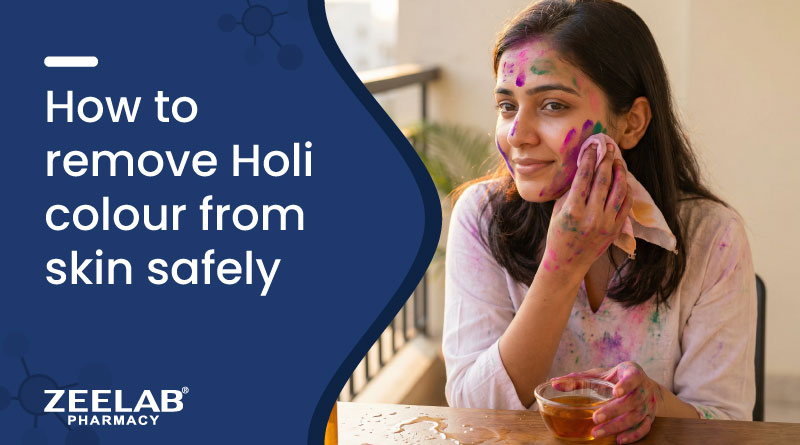Best Serum for Hyperpigmentation – Fade Dark Spots Naturally
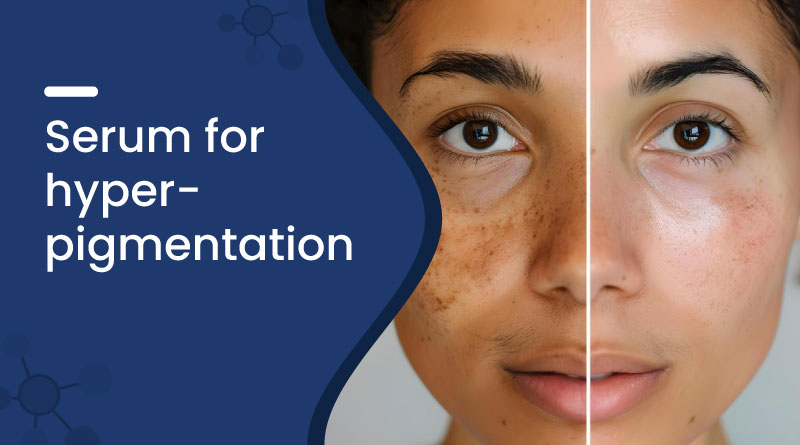

Hyperpigmentation causes some areas of the skin to appear darker than others. It can happen due to acne scars, sun exposure, or hormonal changes. If you're struggling with uneven skin tone, using a serum for hyperpigmentation can be a game-changer. These serums are designed to target dark spots, reduce discoloration, and brighten your overall complexion. In this blog, we’ll explain how serums help with hyperpigmentation, what ingredients to look for, and how to use them correctly—so your skin can feel clearer, brighter, and healthier.
What Is a Serum for Hyperpigmentation?
A serum for hyperpigmentation is a lightweight skincare product packed with active ingredients that specifically target dark spots, melasma, acne scars, and uneven tone. Unlike regular creams, serums have a higher concentration of active compounds and can penetrate deeper into the skin. They are designed to:
- Fade dark spots
- Prevent new pigmentation
- Brighten overall complexion
- Even out skin tone
How Does a Serum for Hyperpigmentation Work?
These serums work by:
- Blocking melanin, the pigment behind dark spots
- Exfoliating dead skin cells, revealing fresh skin underneath
- Boosting cell turnover to fade old dark spots faster
The key is consistency. Regular use over a few weeks can significantly improve skin tone and clarity.
Which Ingredients Make a Serum Effective for Hyperpigmentation?
Here are powerful ingredients commonly found in serums for hyperpigmentation:
- Niacinamide (Vitamin B3): Reduces melanin production and improves skin texture.
- Vitamin C: Brightens skin and protects from sun damage.
- Alpha Arbutin: Fades spots gently.
- Kojic Acid: A natural skin-lightening agent that tackles sun spots and melasma.
- Licorice Extract: Soothes the skin while reducing pigmentation.
- Tranexamic Acid: Targets stubborn melasma and uneven patches.
- Retinol: Boosts cell turnover and fades discoloration over time.
Best Serum for Hyperpigmentation
| Serum | How It Supports Skin |
|---|---|
| Niacinamide 10% Face Serum | Controls oil, minimizes pores, and improves skin tone; ideal for acne-prone and oily skin. |
| Tranexamic Acid 5% Serum | Targets hyperpigmentation and melasma, brightens skin, and evens out skin tone. |
| Vitamin C-15 Serum | Brightens skin, reduces pigmentation, and boosts collagen production with 15% Vitamin C. |
Choose serums that suit your skin type and have a combination of these ingredients for faster and safer results.
How to Use a Serum for Hyperpigmentation Correctly?
To get the best results:
- Cleanse your face properly before application.
- Apply 2–3 drops of serum to damp skin.
- Gently pat it in with your fingertips.
- Then apply moisturizer and sunscreen.
- Use it once or twice daily, as recommended.
Pro Tip: Always patch test new serums to check for any skin sensitivity.
Can a Serum for Hyperpigmentation Suit All Skin Types?
Yes, but you must pick the right formulation:
- Oily Skin: Lightweight, water-based serums with niacinamide or alpha arbutin.
- Dry Skin: Serums with vitamin E, hyaluronic acid, and licorice extract.
- Sensitive Skin: Look for fragrance-free options with gentle brightening agents like licorice or azelaic acid.
Avoid harsh exfoliants if your skin is reactive. Go slow and monitor results over a few weeks.
Also read: Best Cream for Hyperpigmentation in India – Top Dermatologist-Recommended Solutions
How Long Does It Take for a Serum to Reduce Hyperpigmentation?
Results usually appear within 4 to 8 weeks, depending on:
- The severity of pigmentation
- Consistency of use
- Strength of ingredients used
Consistency and sun protection are non-negotiable. Skipping sunscreen reverses serum benefits.
Can a Serum Prevent Future Hyperpigmentation Too?
Yes. Some serums not only fade existing spots but also:
- Protect skin from UV damage
- Regulate melanin production
- Calm inflammation caused by acne or sun exposure
By building a solid skincare routine, you can prevent further discoloration and maintain radiant skin.
Also read: Niacinamide for Hyperpigmentation
Are There Any Side Effects of Using Serums for Hyperpigmentation?
Most serums are safe when used correctly. However:
- Overuse can lead to dryness or irritation
- Strong actives like retinol may cause peeling in the beginning
- Too many actives can harm your skin barrier
Start slow, especially with potent ingredients, and introduce new products one at a time.
Frequently Asked Questions
Q. Can I use a serum for hyperpigmentation every day?
A. Yes, start slow and increase as the skin adjusts.
Q. When to apply serum—morning or night?
A. You can use it either time, but night is best for serums with retinol or acids. Use sunscreen with morning serum.
Q. Can men use serums for hyperpigmentation?
A. Absolutely. Hyperpigmentation affects all genders, and these serums work well for everyone.
Q. Is it safe to use makeup over a hyperpigmentation serum?
A. Yes, just let the serum absorb fully and follow with a moisturizer before applying makeup.
Q. What if my skin feels irritated after using the serum?
A. Discontinue use right away. Let your skin rest and see a dermatologist if necessary.
Conclusion
A serum for hyperpigmentation is one of the most effective ways to tackle dark spots, acne marks, and uneven skin tone. When used consistently with the right ingredients and sun protection, it can visibly brighten your complexion and restore your skin’s natural glow. Remember: go for gentle, effective ingredients, listen to your skin, and stick to a simple, consistent routine.
Niacinamide 10% Serum
30ml In 1 Bottle
2% Hyaluronic Acid + 3% Vitamin B5 Serum
30ml In 1 Bottle
Tranexamic Acid 5%
30ml In 1 Bottle
Alpha Arbutin (2% w/v)
30ml In 1 Bottle
Glutathione + Tranexamic Acid + Aloe Vera
30ml In 1 Bottle
Purified Water + Niacinamide (Vitamin B3) + Glycerin + Sclerotium Gum (Natural Thickener) + Phenoxyethanol (Preservative) + 3-O-Ethyl Ascorbic Acid (Vitamin C) + Palmitoyl Pentapeptide-4 (Anti-Aging Peptide) + Polysorbate 20 + Butylene Glycol + Carbomer + Propylene Glycol + Betaine + Hyaluronic Acid + D-Panthenol (Pro-Vitamin B5) + Xanthan Gum + Disodium EDTA
30ml In 1 Bottle
Purified Water + Glycerin + Palmitoyl Tripeptide-1 + Palmitoyl Tetrapeptide-7 + Nonapeptide-1 + Butylene Glycol + Propylene Glycol + Carbomer + Sclerotium Gum + Hydroxyethyl Cellulose + Polysorbate + Phenoxyethanol + Disodium EDTA
30ml In 1 Bottle
Azelaic Acid + Niacinamide + D Panthenol
30ml In 1 Bottle
Vitamin C + Sodium Lactate + Ferulic Acid + D-Panthenol + Hyaluronic Acid + Vitamin E Acetate
30ml In 1 Bottle
Glycerin + Polyglutamic Acid + Hyaluronic Acid
30ml In 1 Bottle
Recent Blogs
Disclaimer : Zeelab Pharmacy provides health information for knowledge only. Do not self-medicate. Always consult a qualified doctor before starting, stopping, or changing any medicine or treatment.
Related Products
Need Medicines Quick?
Share location to check quick delivery serviceability.
Change Location
Location Access Needed
Your location appears to be blocked or disabled.
Please enable the location from your browser or
device settings.

₹ 0
0
Items added
Quick Links
Categories
Our Policies
2026 Copyright By © Zeelab Pharmacy Private Limited. All Rights Reserved
Our Payment Partners

 Added!
Added!
|
|

